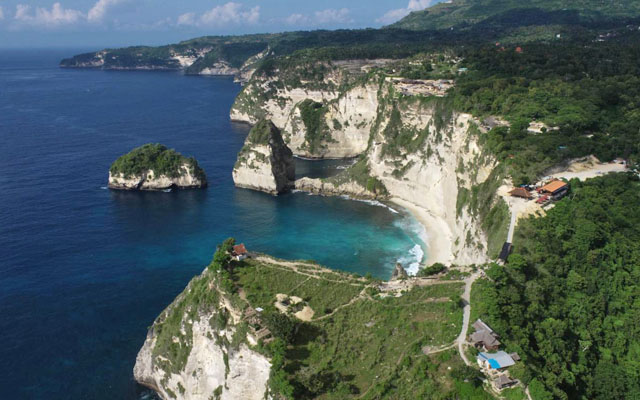A series of recent maritime accidents around Bali has raised concern among tourism operators, who are urging improvements in vessel safety standards, port supervision, and related infrastructure.
Three incidents – including a tourist boat capsizing in Nusa Penida in March, a fast boat accident near Nusa Lembongan in June, and a ferry sinking on the Ketapang-Gilimanuk route in July – have highlighted ongoing safety issues. While cancellations remain limited, operators say concerns are growing, especially regarding Java-Bali overland routes that depend on ferry transport.

I Nyoman Subrata, secretary general of the Association of the Indonesian Tours and Travel Agencies (ASITA) Bali Chapter, described the incidents as a result of regulatory shortcomings, citing inconsistent enforcement by marine and port authorities. He warned that repeated accidents could undermine Bali’s reputation as a safe destination.
“It’s time for the government to go beyond appeals. We need stricter regulation, real enforcement, and serious investment in key ports like Gilimanuk and Nusa Penida,” he stated.
Without clear directions, some operators are now building their own safeguards. Wisnu Arimbawa, managing director of Good Day Tour, said safety concerns have forced his team to vet ferry and boat operators independently.
“We’ve started developing internal protocols ourselves. Ideally, this should be handled by authorities, but we can’t afford to be passive anymore,” he said.
In response to growing concern, the Ministry of Tourism said it is stepping up coordination with the Ministry of Transportation, search and rescue teams, and local governments to improve enforcement of marine safety regulations.
Ni Luh Puspa, deputy minister of tourism, told TTG Asia that the government is focused not only on establishing safety protocols, but also on ensuring effective implementation at the operational level. Marine tourism safety, she said, “requires discipline, accountability, and consistent oversight across all operators and routes”.
At the local level, the Bali tourism office is prioritising on-the-ground preparedness during the June-August peak travel season. Wayan Sumarajaya, head of the Bali Provincial Tourism Office, said: “We’ve asked all relevant agencies to reinforce safety protocols and ensure readiness at key marine gateways.”
Looking ahead, tourism operators expressed hope that existing systemic gaps would be addressed to prevent further incidents. I Nyoman Subrata observed that while Indonesia has made considerable investments in air connectivity, similar attention has not yet been given to maritime infrastructure.
“If we’re serious about becoming a global marine tourism destination, safety can’t be reactive. It must be built into planning, operations, and oversight, every step of the way,” he said.


















